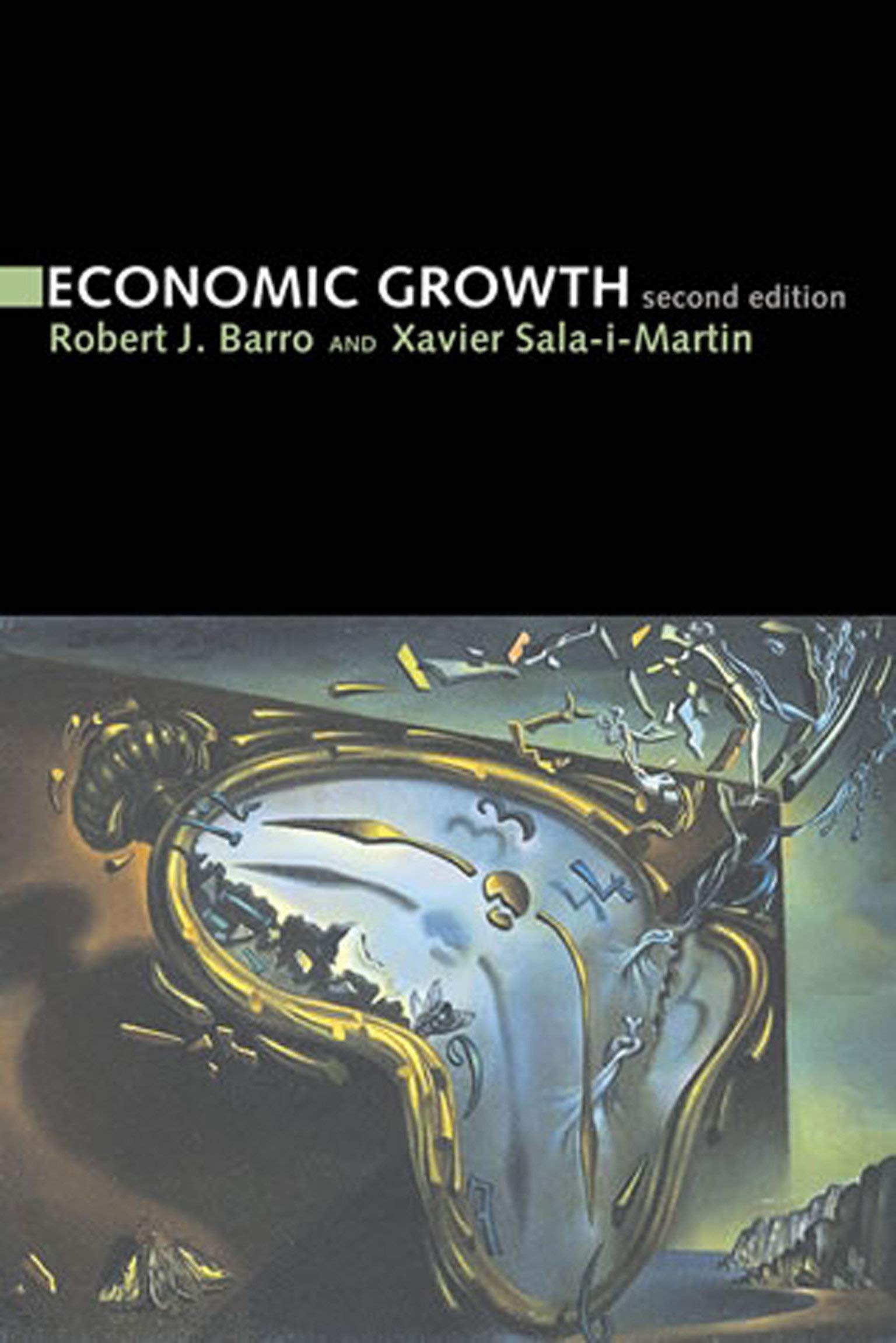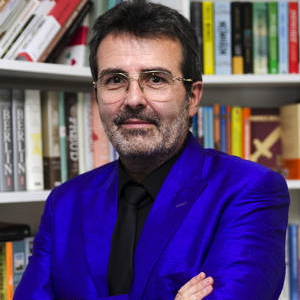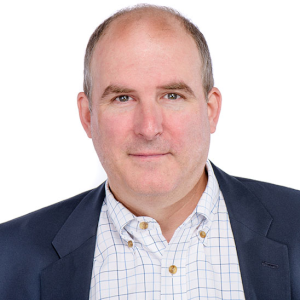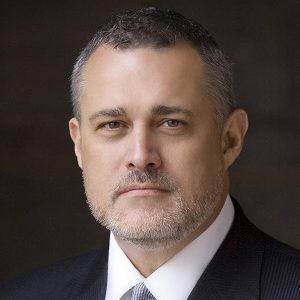Xavier Sala-i-Martin Speaker Biography
Professor of Economics at Columbia University and a Chief Economic Advisor at the World Economic Forum
Professor Sala-i-Martin is recognized as the world leading expert on innovation and competitiveness. Since 2003 he has led the Global Competitiveness Report, which annually measures and ranks the competitiveness of all the countries in the world and recommends strategies to their decision makers. Professor Sala-i-Martin’s GCI is the most closely followed index on global economic and business competitiveness in the world, as it upgraded and the former approaches to measuring competitiveness developed by Michael Porter and Jeffery Sachs. Governments and business leaders use it to evaluate and design current and future strategic competitiveness policies for their countries and companies.
FC Barcelona
From 2003 to 2010 he was Treasurer, member of the Board and President of the Economic Commission of FC Barcelona and, therefore, contributed to the creation of what many experts have considered the best football team of all history. In 2009, FC Barcelona won all 6 championships in which it participated. No other team in history had ever achieved this impressive record. Hence, based on his practitioner experience he also speaks about leadership and change.
Awards and Accolades
Prior to joining to Columbia University, Sala-i-Martin taught at Yale and Harvard, and was a researcher at the Centre for Economic Policy Research (CEPR) in London. He studied economics in Barcelona and holds a Ph.D. from Harvard University. He has received several awards including the Rey Juan Carlos Prize in Economics awarded by the Bank of Spain to the best economist in Spain and Latin America, and the Arrow Prize awarded to the best economist in the world by Health International Economics Organization. Recently, he was awarded the Zapping Prize to the most innovative TV program (for his show “Economics in Colors” aired on TV3 primetime that explained economic issues that affect our daily lives). This recent prize proves that, besides being a great scholar on innovation, he also puts in practice his ideas. He truly walks the talk.
Economic Research
With a career spent teaching, researching, and consulting, Professor Sala-i-Martin is in the privileged position to be able to offer decision makers (wishing to do business in today’s volatile markets) essential information on how to be competitive and innovative. Additionally, being an experienced teacher he clearly explains and presents complex ideas in a simple and entertaining format.
Keynote Speaker
Although there are many brilliant economists in the world, few can explain and analyze in such clear and passionate way. With a reputation for humorous and enlightening presentations, Xavier Sala-i-Martin is in great demand as a economic keynote speaker at leading events around the world.
Xavier Sala-i-Martin Speaking Topics
Global Innovation Outlook: Insights from the Chief Economic Advisor to the WEF
The world is changing really fast. An underlying concern to world leaders and business executives is today´s rapid changing business environment. Now –more than ever– we are called to relentlessly innovate. Professor Sala-i-Martin led the intellectual revolution of "endogenous growth". It emphasizes the need to grow through ideas and innovation. As an expert in growth, he explains what countries (and companies) must do to establish an environment that enables citizens and businesses to create and implement new ideas. Nespresso, Zara, and Uber prove that all kinds of businesses can thrive when new ideas are actually transformed into business opportunities. As he explains, only by implementing an innovative and creative mindset we will be able to cope with today´s challenges. In order not to perish, keep questioning yourself: what have you done different today?
A new world order? How to remain competitive in today´s economy
Throughout history, there are many examples of countries that have implemented policies that enhance or hinder international trade. The spectacular economic success of China and the rest of East Asia is an example of how trade can be a driver of economic growth. It also exemplifies the dangers that the rise of protectionism and isolationist policies around the world, can pose to the global economy. Overall, international trade is beneficial and has spurred technological diffusion as well as the development of the knowledge-led economy and innovation. However, all policies have their shortcomings and so does international trade. Even though the overall effect on the economy is positive, not every citizen benefits from it. In fact, there are workers who lose their jobs. These “globalization losers” serve as a breeding ground for the rise of demagogic and populist politicians who use their discontent to propose policies that will have the opposite effect: they will benefit only a few at the detriment of the majority. It’s clear that governments should implement policies that help the “losers of globalization”. Contrary to popular belief, the key policy is not redistribution taxes and subsidies. The correct policy is to provide the tools so that the losing workers have an easy transition to a new job. And this means a new way to educate them: a new education system is required, to really ensure that today´s students are prepared to deal with the challenges imposed by globalization and to be more competitive to face the changing future. Professor Sala-i-Martin thoroughly explains how the new education system should be.
FC Barcelona: A success case. Four business lessons.
The story of FC Barcelona depicts one of the most extreme, impressive and successful organizational transformations in sports history; after half a decade of economic and competitive drought, a new board of directors led by Joan Laporta took over the club in 2003. Seven years later, the club had won four Spanish Leagues, two UEFA Champion Leagues, three Spanish Supercups, a European Supercup, a King's Cup, and a World Club Cup; by 2010 it was "the best sports club in the world" for second consecutive year, and had an accumulated economic surplus of over 131 million Euros. In this powerful conference, Professor Sala-i-Martín explains how the most important and controversial decisions made by the club in the last few years -such as hiring Frank Rijkaard and Pep Guardiola, making a strong bet on the low-tier players, and the "crazy" decision to be the only club without a commercial sponsor on its shirt- turned out to be the right ones.
Xavier Sala-i-Martin Books

Economic Growth, Second Edition (The MIT Press)
Purchase BookXavier Sala-i-Martin Videos
Xavier Sala-i-Martin Speaker Testimonials
Colombia s Annual Banking Conference is without a doubt the most demanding event (in the country) in terms of speakers. At this event, Sala-i-Martin masterly spoke to more than 1,500 national leaders, managing to delight them with an extraordinary conference in which he managed to skillfully combine intuition with academic rigor. This balance, allowed him to relate day-to-day funny examples with solid academic insights, as well as bold political approaches with practical business advices,
- Jonathan Malagon, Vice-President | Asobancaria (Colombia's National Baking Association)
Xavier Sala-i-Martin is truly inspiring. Certainly, if we have a second chance, we would invite him to entertain us and teach us about competitiveness and innovation.
- Carlos Enrique Cavelier, CEO | Alqueria
Having Xavier Sala-i-Martin as the keynote speaker at the 2017 Industrial Forum was the most positive and enriching experience. He explains novel and complex concepts, in such a clear, simple and illustrative way that he manages to widely spread his concepts, generating a noticeable impact on the audience. It's a real pleasure to work with him.
- Rosa Asca, Director | Sociedad Nacional de Industrias
Xavier Sala-i-Martin fills with color the world of economics, making it truly accessible to anyone. He offers insights about growth in a simple, entertaining and inspiring way.
- Carlos Eduardo Sepulveda, Dean | Universidad del Rosario, School of Economics





